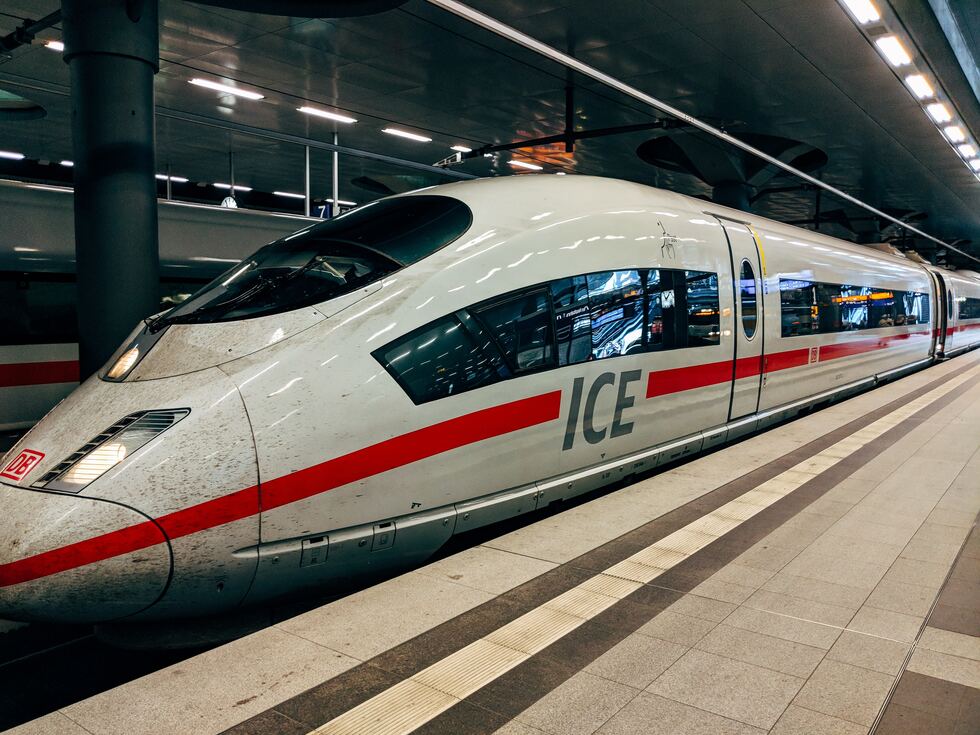
The Geopolitical Landscape: Russia, Ukraine, Israel, and Palestine
In the intricate tapestry of global politics, few threads pull as insistently as those of major geopolitical conflicts. The aggressive posturing of Russia towards Ukraine and the persistent discord between Israel and Palestine aren’t mere isolated incidents but rather symptomatic of wider systemic undercurrents. These confrontations, while underscored by the immediacy of territorial disputes and strategic interests, are also deeply enmeshed in a web of historical narratives, cultural identities, and geo-economic imperatives.
Russia & Ukraine: A Mélange of History and Strategy
The Russian-Ukrainian dynamic is a complex amalgamation of history, identity, and modern geopolitical considerations. At its core:
-
Historical Bonds: From the days of Kievan Rus, the shared historical tapestry between these two nations is profound. Their intertwined histories date back centuries, with periods of unity and discord shaping their collective psyche.
-
Strategic Interests: Modern tensions, however, aren’t merely historical in nature. The Crimean Peninsula, with its warm-water ports, has always been a jewel coveted by empires. Today, its strategic importance to Russia, both in terms of naval positioning and as an energy corridor, cannot be understated.
-
Identity & Politics: Beyond strategy, there’s an ideological battleground. The tug-of-war between Western-leaning aspirations among many Ukrainians and Russia’s desire to maintain its sphere of influence is evident. This tussle over geopolitical alignment is as much about identity as it is about economics or military might.
Israel & Palestine: Layers of Legacy and Belief
The Israel-Palestine conflict is a palimpsest of historical layers, each superimposed yet distinctly visible:
-
Religious Significance: Jerusalem, a city at the heart of the conflict, is sacred to Jews, Muslims, and Christians. Its religious significance renders any discourse not merely political but also deeply spiritual and emotive.
-
Historical Claims: Both Israelis and Palestinians lay claim to the land based on millennia-old historical and biblical narratives. The Jewish diaspora’s return and the subsequent establishment of Israel in the 20th century juxtaposed against Palestinian narratives of belonging create a complex tapestry of claims and counterclaims.
-
Modern Realities: Contemporary issues, from settlements in the West Bank to the blockade of Gaza, add layers of complexity. The geopolitics of the Middle East, with regional powers often using the conflict as a proxy battleground, further muddies the waters.
By delving deeper into these focal conflicts, one gains a microcosmic insight into the broader challenges and themes that define our tumultuous modern era. Each confrontation, while unique in its specifics, echoes the universal dilemmas of identity, power, and historical legacy that humanity grapples with today.
Humanity’s Flaws: Egos, Emotions, and Evolution
Within the intricate dynamics of global confrontations, there’s a glaring reflection of the imperfections deeply embedded in human nature. It’s not just about terms like greed, envy, jealousy, and hatred. These terms signify profound psychological traits that, if left unchecked, possess the power to instigate widespread chaos. While the headlines scream of territorial disputes and clashing political ideologies, it’s these primal instincts that simmer beneath, often escalating minor disagreements into full-blown wars, turning fleeting sparks into uncontrollable infernos.
This leads us to reflect upon the significant role of leadership. Ideally, leaders should act as beacons, rising above trivialities to prioritize the broader good, guiding societies to a harmonious and progressive future. However, reality frequently contrasts this utopian vision. Leaders, rather than resolving conflicts, sometimes exacerbate them, fanning the flames for personal advantages and becoming entangled in the divisive whirlwinds they help generate.
Simultaneously, in the backdrop of such egoistic and emotionally charged confrontations, the genuine existential threats to humanity continue to intensify. We grapple with climate change, wrestle with dwindling resources, face unprecedented technological challenges, and deal with deeply ingrained societal disparities. These are universal concerns demanding a collective response. Yet, the lure of personal power and supremacy often blinds leaders, sidelining these critical issues.
Tracing humanity’s journey from our rudimentary origins in Africa to our current existence in bustling urban centers, one can’t help but marvel at the sheer scope of our progress. Such progress, however, bears its own weight of responsibility. With our advanced cognitive abilities, we haven’t just reshaped our surroundings; we’ve also tethered ourselves to a moral code. The very tools that empower us to forge ahead can also, if misused, herald our downfall.
Decisions made today aren’t fleeting; they resonate, shaping the legacy we leave behind. Every action, every policy, every narrative we craft — whether guided by the narrow visions of a handful or the inclusive spirit of the masses — will chart the course for future generations.
For humanity to not just endure but flourish, our evolution must encompass more than just technological strides. It demands a moral and emotional renaissance. We’re bound by a shared destiny, and the way forward lies in acknowledging this interconnectedness. The challenges ahead require a global consciousness, a move beyond our divisive tendencies, and a concerted leap toward a globally united community. Only then can we truly aspire for a brighter, collective future.
An Urgent Paradigm Shift
For humanity to flourish, a paradigm shift is essential. We must:
- Transcend Base Instincts: Our survival depends on overcoming the primal emotions of greed, envy, and animosity that have so often led us astray.
- Foster Collaborative Leadership: Leaders must prioritize the collective good over narrow interests, understanding that in our interwoven global fabric, no nation truly stands alone.
- Embrace Global Unity: As clichéd as it may sound, the notion of ‘One World’ is more relevant now than ever. Our challenges are global; so must be our solutions.
In the final analysis, the wars and conflicts we witness, driven by the flawed ambitions of the few, serve as both a warning and a clarion call. A warning of the abyss towards which we might be headed, and a call to evolve, adapt, and collectively work towards a sustainable, harmonious future.
Make Peace, not War
Header Photo by Anzhela Bets on Unslpash






